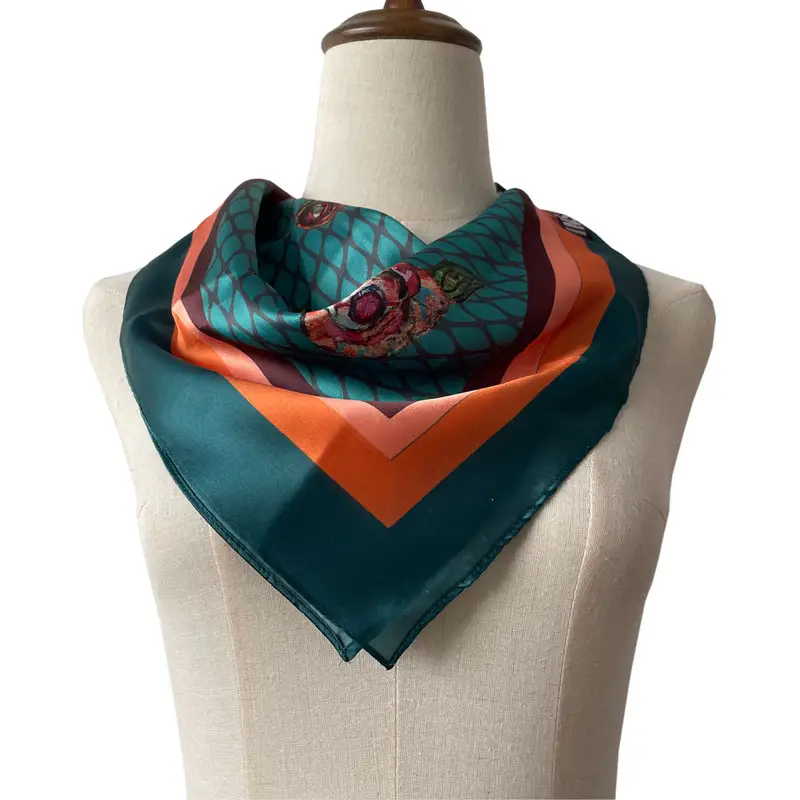Cotton scarves hold a strong eco-friendly appeal due to the sustainability of cotton as a natural fiber. Here’s why they’re considered environmentally friendly:
- Biodegradability: Cotton, being a natural plant-based fiber, is biodegradable. Once discarded, cotton scarves will naturally decompose, reducing environmental impact compared to synthetic materials.
- Renewable Resource: Cotton is derived from the cotton plant, a renewable resource that can be replanted and harvested annually. This ensures a continuous and sustainable supply without depleting natural resources.
- Reduced Chemical Usage: Organic cotton scarves, cultivated without synthetic pesticides or fertilizers, minimize the use of harmful chemicals that can negatively impact soil, water, and surrounding ecosystems.
- Water Conservation: Sustainable cotton farming practices, such as rain-fed agriculture or utilizing more water-efficient irrigation methods, help reduce water consumption compared to conventional cotton production.
- Supporting Sustainable Farming: Ethical and sustainable cotton farming practices focus on soil health, biodiversity, and fair labor practices. These initiatives support healthier ecosystems and livelihoods for farming communities.
- Low Environmental Footprint: Compared to the production of synthetic fibers, the manufacturing process of cotton scarves typically involves fewer harsh chemicals and energy-intensive procedures, resulting in a lower environmental footprint.
- Recyclability and Reusability: Cotton scarves can be repurposed or recycled into new products, reducing waste and extending their lifecycle.
- Consumer Consciousness: The growing trend toward eco-conscious consumption encourages individuals to choose sustainable fashion options like cotton scarves, contributing to a more sustainable and mindful fashion industry.
When opting for cotton scarves, especially those made from organic or sustainably sourced cotton, individuals contribute to a more environmentally friendly fashion landscape. By supporting sustainable practices in cotton production and choosing biodegradable materials, individuals play a part in reducing their ecological footprint while enjoying stylish and eco-friendly accessories.



